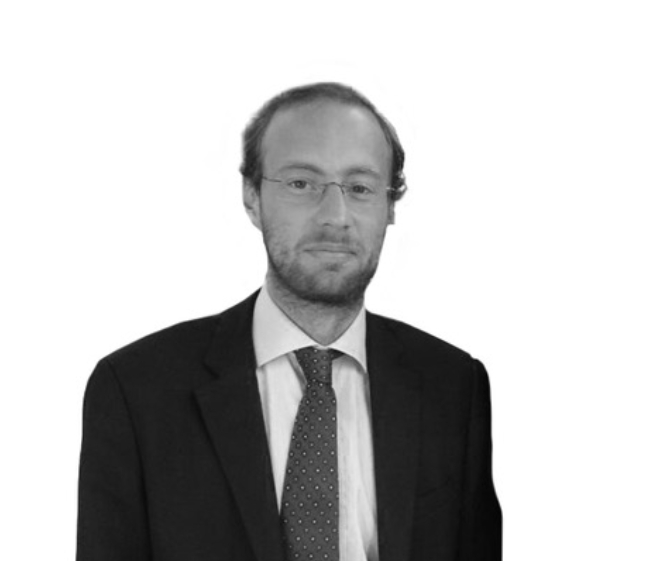Belgium is an artifically created state in 1830, or to clarify the matters even further, created more than thirty years before the political unification of Italy. The Belgian state has come into being by uniting the Flanders and Wallonia, two regions that differ greatly when compared, but with one common denominator: both provinces were profoundly catholic. Religion has acted as an effective adhesive substance for many years, until some of the ideologues of the Belgian Socialist Party decided to diminish the important role of the religion not only in the public sphere, but in the private as well.
The effects of this conceptive philosophy are on display for everyxbody who would like to watch them: the famous Judaic school in the centre of Brussels had to protect its students by installing the armoured doors years ago, as if it were the American embassy in Kabul. Despite such protection the concerned Jewish parents did not dare to enroll their offspring into the aforesaid school which had to close its doors permanently.
During a stroll in a shopping mall of the Belgian capital, which boasts a playground in its interior, one can observe a mural painting of Mary, coloured in black and with Arabic inscriptions around the painting. I was explained by a Belgian woman who accompanied me on that particular stroll »that they had to paint her face black and add the Arabic inscriptions, saying »Mary loves you«, »Mary cares about you« in order to stop the constant egg tossing against the image of the Mother of God and other indescribable vandalisms«.
If one turns into the alleys in the vicinity of the old downtown and the Grand-place, you behold the church of Saint Catherine, a small gem in the heart of Brussels, built in 1874 in an ecclectic architectural style, half gothic and half baroque. If the catholic worshippers had not rebelled, this church would have been transformed into a food market at the request of the municipal council. Other churches were not that lucky and were, alas, desecrated and transformed into discotheques and parking areas.
But let us go a litlle bit further, all the way to the canal quarters, real ghettos, where one can get the feeling of being in Algeria and not in the heart of Europe. The inscriptions above the shops are exclusively in Arabic, all the women are covered and the butcher’s shop sell only halal meat products. We are in Molenbeck, where the terrorists-spanning from the attacks at the Madrid Atocha train station in 2004 up to Bataclan in Paris in 2015-could have radicalised, could have gotten their training and could have come seeking their refuge after the cowardly deeds had been accomplished.
These quarters are the birthplace of the Belgian Islam party whose only mission in Belgium is to turn the kingdom into a 100 % Islamic state, to replace the civil and penal laws of Belgium with Sharia law and to separate men and women on public transportation. A representative of the aforementioned party has even refused to shake hands with the female TV host during a television broadcast because she was a woman. And the most recent example of this fanaticism occurred in a debate that had followed a Facebook post, when the representative of the Belgian Islam party and the first positioned on the ballot of the aforesaid party for the local election in the municipality of Woluwe-Saint-Lambert, at the very entrance to Brussels, threatened one of the commentators with these words: »I will slay you like a halal lamb is slain!« All of the Belgian political parties have reacted in unison against this threat and requested that the extremist islamic party was banned.
The mosque of Brussels is one of the biggest mosques in Europe. Up until now the Saudi Arabia could manage it to its liking, but after the discovery of the Salafist texts and the extremist preaching delivered to its islamic believers, the Kingdom of Belgium immediately demanded that the management of the mosque be handed to the Belgian authorities.
Christianity in Belgium is in an extreme peril. Even the Christian associations renounce the defence of its symbols and values. The Belgian Red Cross has decided, for example, to ban the crosses from its premises in order not to discriminate those who were not Christians. Mohamed is the name that appears to be the most widespread amongst the Belgian newborns and some advertising billboards at the entry to Brussels feature the inscriptions that do not need any further commentary: »Welcome to Belgistan!« And all of this in the beating heart of Europe and amongst the deafening silence of the greater part of international community.

